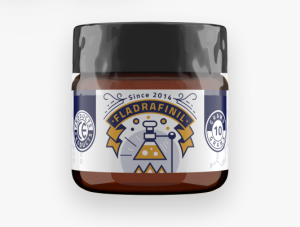Alcohol Use Ailment ( AKA AUD) is frequently observed across america, but AUD as well as its complement demands aren’t the only real reasons behind alcoholic drinks-related problems. Based on figures of your Federal Institution of Alcoholic beverages Abuse and Alcoholism during 2015 questionnaire, close to 56Percent of American cultivated-ups aged 18 or more older have said drinking before 30 days. Although the majority of them probably wouldn’t be considered alcoholic beverages abusers or individuals affected by AUD, alcoholic beverages durability always be impacting them in unexpected ways.
Some research done through the years have revealed that modest usage of liquor, particularly drinks like red-colored wines, may have some physical fitness benefits and wouldn’t be harmful to most folks. Nevertheless, something diffrent is now being referred to into inquiry lately: how does alcoholic drinks affect our cognitive condition: drug and alcohol rehab Center
Is There a Connection between cognitive Health and Consuming Alcohol?
Liquor does change the mental well-becoming of individuals mourning from AUD, although the romantic relationship between typical consuming and intellectual overall health continues to be remaining mostly unknown. Because it seems, medical professionals should push caution when advising sensible consuming for some of the advantages, mainly because it could have an unfavourable influence on intellectual health that was once unidentified.
While benefits such as longer life may be appealing, some research have said that common consuming might placed folks on the line for developing cardio troubles. This fact, related to the implications that average drinking could have on cognitive overall health causes it a lot less attractive to indulge in a cup every day.
So will it be more necessary to cease alcoholic beverages completely?
For folks who labour using their intellectual overall health, it really is could be useful no less than according to the household assessment. This means that it’s most likely to obtain the cognitive well-being of lifetime abstainers actually for people who were actually drinkers in the past.






